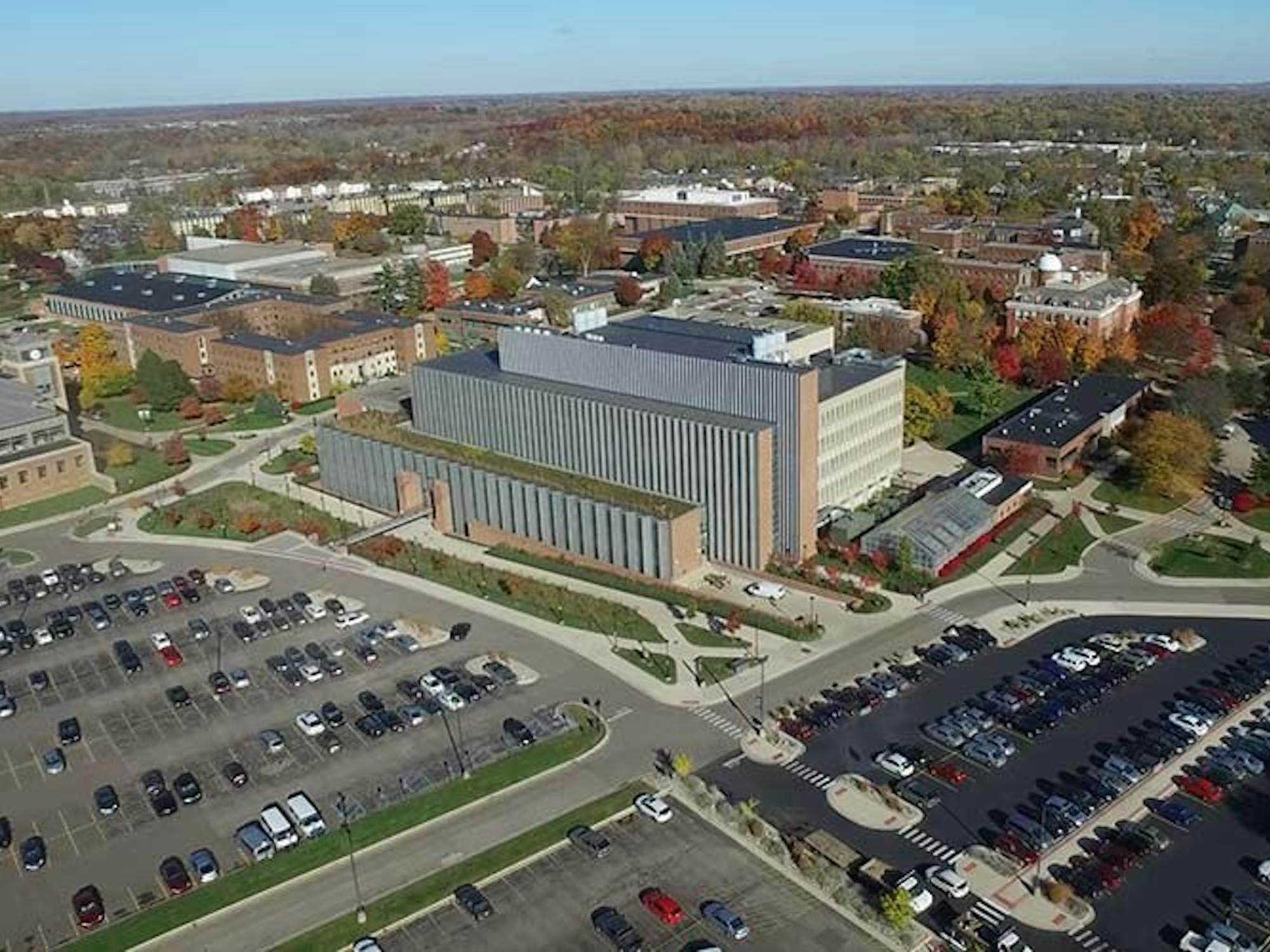In December 2017, Eastern Michigan University’s Board of Regents approved a 35-year contract with LAZ Parking, officially privatizing campus parking. The decision, which resulted in a one-time $55 million payment to the university, resulted in a major increase in parking citations.
The relationship between the administration and EMU’s students and faculty has only been worsened by the short-sighted approval, as the trend towards privatization gains traction. LAZ Parking is on the hunt to increase profits from consumers, providing a solid forecast for what further privatization might bring with it.
To start, EMU’s parking problem is not due to a lack of physical parking spots. While many lots close to Pray-Harrold and the structures often fill up quite early in the day, Green Lot 1 on the north side of campus is never full and is only a five to ten minute walk from Pray-Harrold.
There is not a lack of parking, many students and faculty just do not want to make the walk.
The problem is that a for-profit business is in complete control of campus parking and the fact that the administration sold out to the predatory practices of LAZ Parking.
Because of the private company’s incentive to make as much profit as possible, there has been a drastic increase in parking citations. In the fall of 2018, faculty and staff paid 64 percent more in citations compared to previous years. The company’s policies encourage its workers to issue citations every four hours to illegally parked vehicles. This is absurd and the administration should not allow its students to be subject to such nitpicky and greedy practices.
Unfortunately, such absurdities only increase the animosity many students and faculty have towards the administration. It fosters the idea that the administration does not really care about its students or wants to see them succeed but only views them as sources of revenue, selling them out to make as much money as possible.
In addition to issuing citations to illegally parked vehicles every four hours, grace periods between semesters have been severely shortened and the appeal process is complicated and time-consuming. The difficult appeal process is made worse because of many complaints that tickets are mistakenly given out to properly registered vehicles due to faulty license plate readers.
The administration made a huge mistake by allowing a for-profit company to take control of campus parking. To add insult to injury, the revenue from the increase in parking citations is not even going to the university to benefit campus programs or lower student costs but to a private company.
This trend might be set to continue, as the administration is considering plans to privatize student housing. Parking privatization led to an initial payout of $55 million but the administration needs to think about the long-term effects of privatization and the profit-motive that inherently comes with it. Such an amount of money might have been hard to turn down when thinking in the short-term but in five years parking will still be a major issue and the $55 million will be long forgotten.









